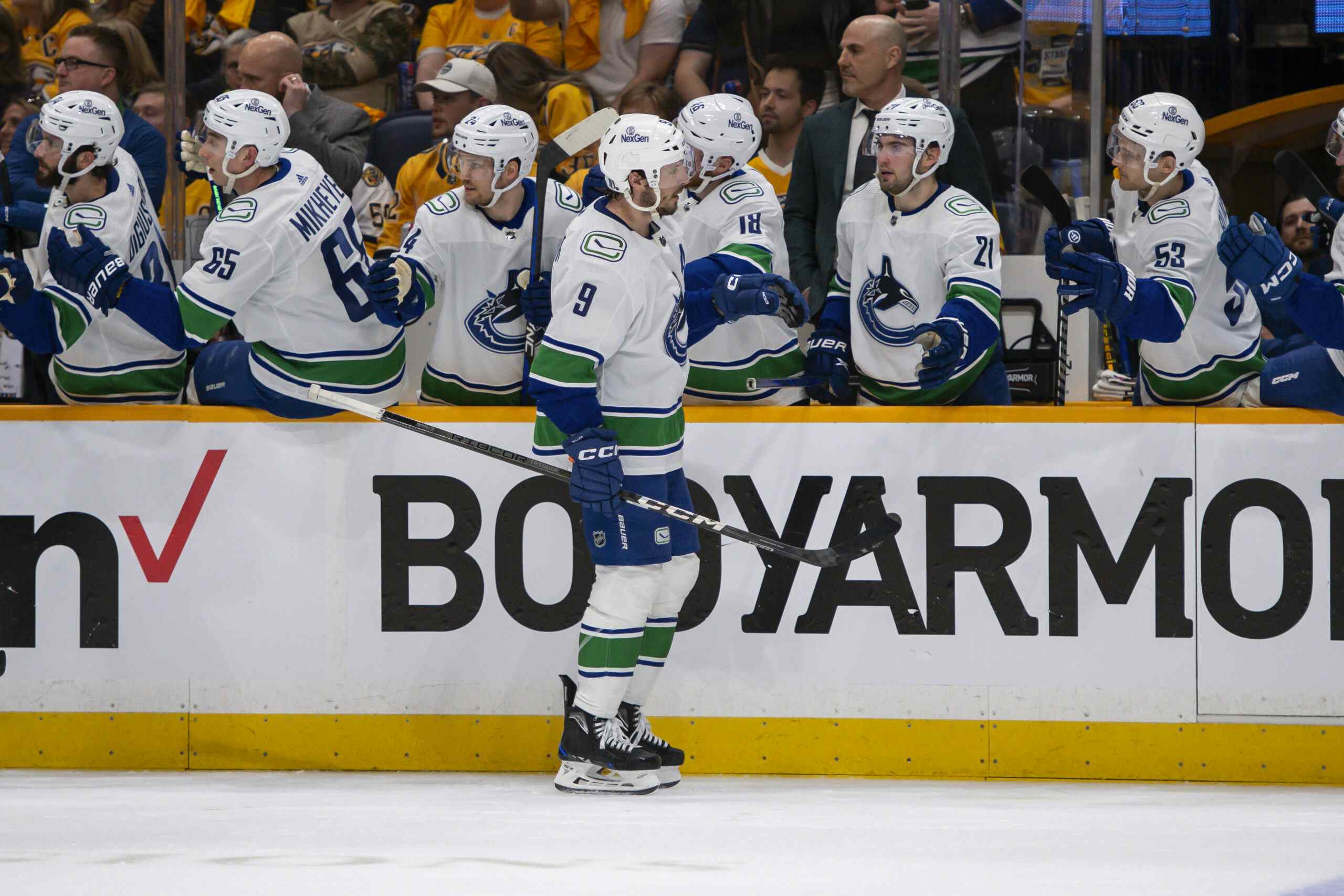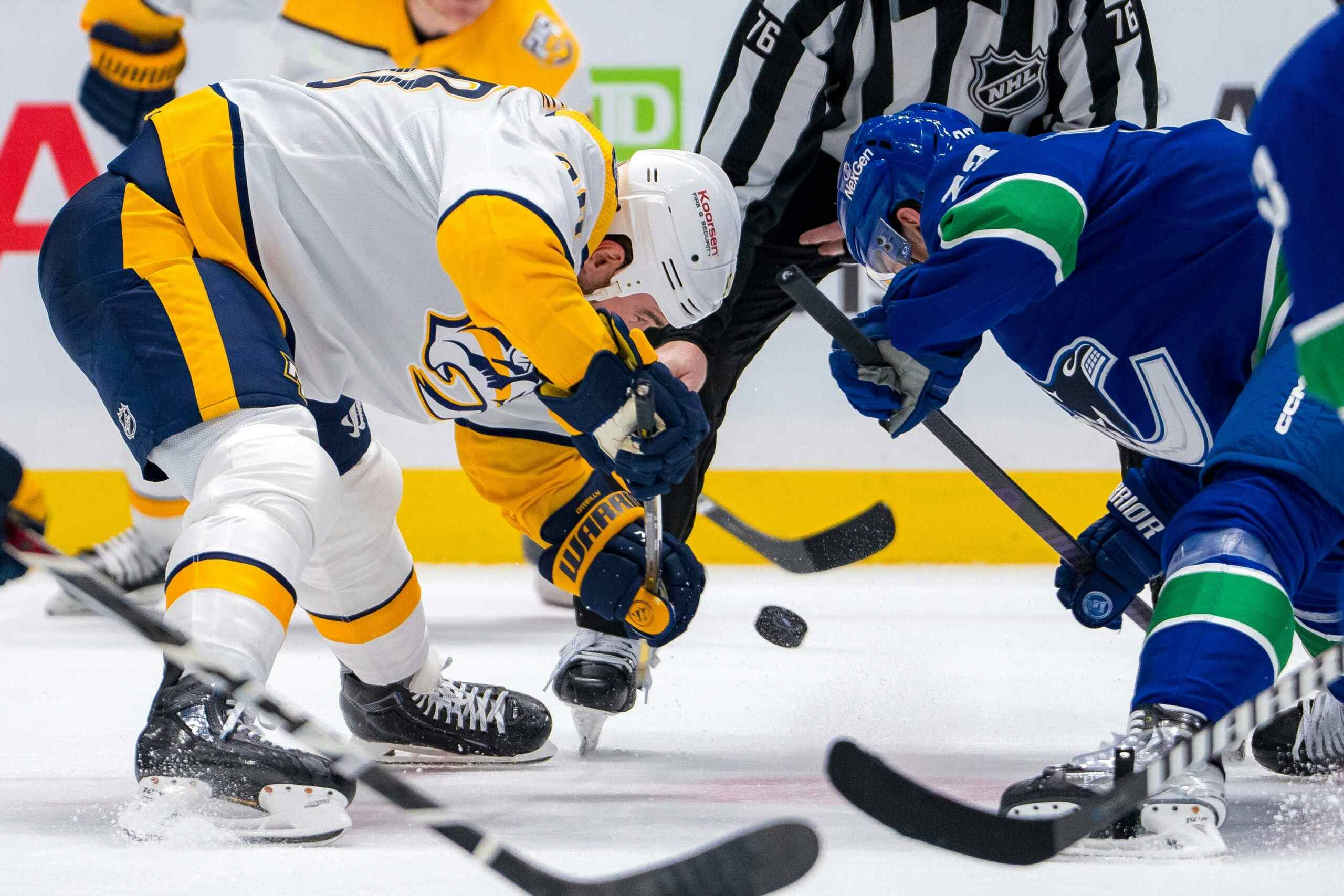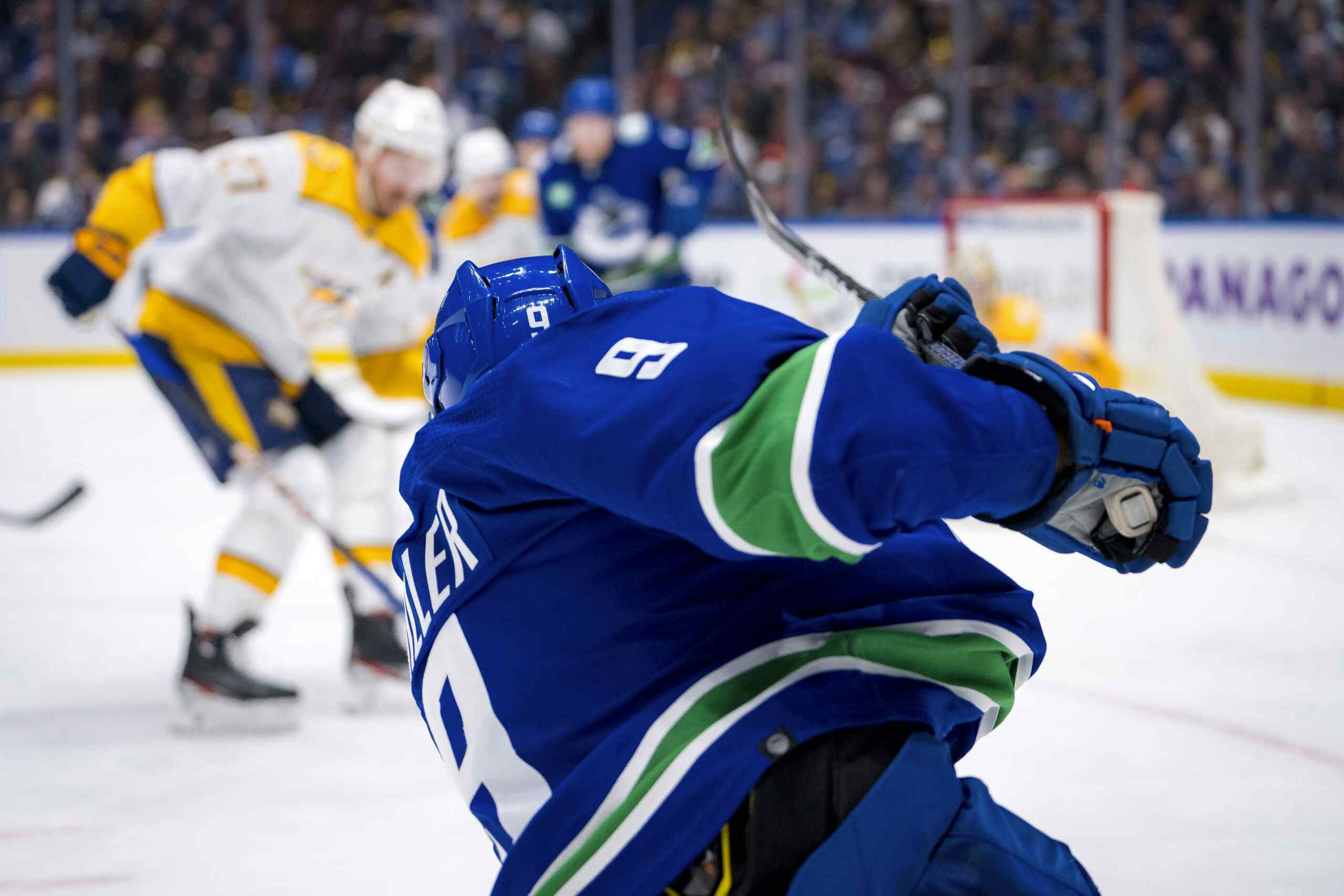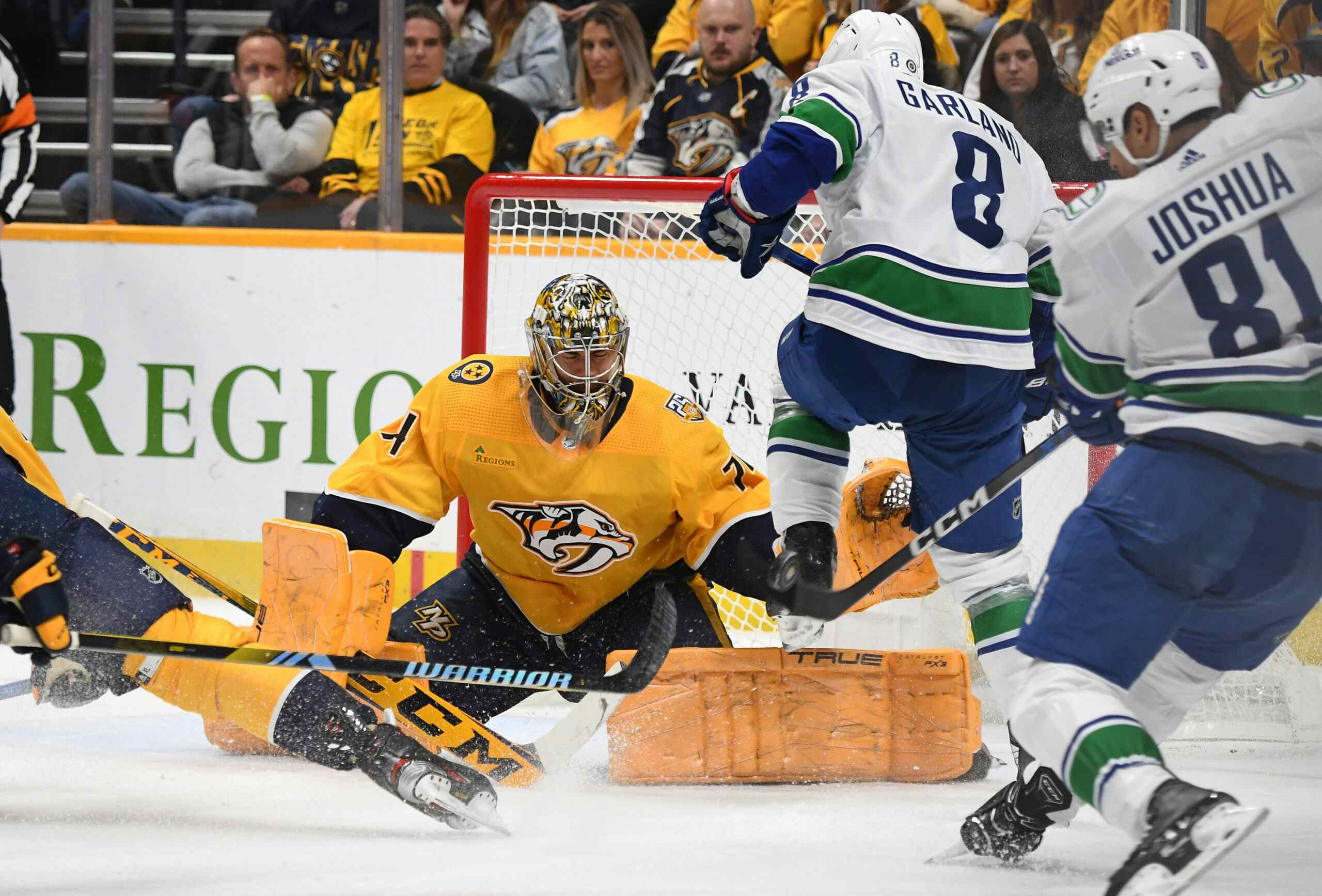Fun with the CBA: Conclusion of the CBA and contracts
7 years ago

Photo Credit: Stan Szeto – USA TODAY Sports
It seems like just yesterday the NHL made us suffer another lockout.
Regardless of whether you’re a fan, a blogger, a media member, or more importantly a player or staff of an NHL team, lockout’s suck. When the NHL and NHLPA came to terms on a new collective bargaining agreement, it brought with it a sense of security. Comfort, even, knowing hockey was here to stay.
Unfortunately, it appears the players and owners are starting to move their deck chairs in preparation for another prolonged labour dispute. With this dark timeline in mind, one particular contract caught my eye.
The Brent Burns extension, with the full breakdown, is below:
Why such a large signing bonus for the 2020-2021 season, and then the drop afterwards? Well, it’s pretty clear why.
The CBA
Article 3 of the NHL & NHLPA collective bargaining agreement speak specifically about the duration of the agreement. Article 3.1, speaks about the term and early termination possibilities. You can find it below:

To simplify the statement — the NHL can exercise the option to cancel the CBA on September 15, 2020 by notifying the NHLPA on or before September 1, 2019. The NHLPA can do the reverse on or before Sept 15, 2019.
The CBA would then be set to terminate on September 15, 2020 – giving the NHL and NHLPA one year to negotiate a new agreement before a possible lockout or holdout.
The Contracts
A player’s compensation on a standard contract (not an ELC or 35+ contract) can be split into two separate categories – NHL salary and signing bonuses.
The NHL salary is broken down over the course of a season with the 15th and 30th of every month acting as paydays. The signing bonus is a lump sum payment teams make on July 1st at the beginning of each season.
This is why Burns’ contract, and some others, should be a red flag. The $8-million signing bonus mentioned above would be paid out on July 1, 2020; two and a half months before the official termination of the CBA. This isn’t limited to just Burns and his long term deal. If you’ve paid attention, these contracts are starting to appear elsewhere, too:
Rasmus Ristolainen

Sean Monahan

Johnny Gaudreau

Just like Burns’, these contracts have those signing bonuses during the 2020-21 season to ensure that the player gets a lump sum payment on July 1, 2020. If the CBA isn’t set to terminate, then no harm, no foul. But if it does happen, the player has money in the bank to ensure they don’t go without a paycheque from the end of the 2019-20 season, to whenever the season kicks off in 2020-21.
From a Canucks perspective, the only deals they have on the books for the 2020-21 season are Loui Eriksson and Brandon Sutter. Sutter’s deal has a $1-million signing bonus for every year, and Eriksson has signing bonuses every season, without a significant spike in 2020-21. So they are not part of this trend — though Eriksson’s deal does have other causes for concern, which is another topic for another day.
Obviously, right now these contracts are the exception to the norm. However as we approach the possible early termination of the CBA, they may become commonplace. It’s clear some agents are aware of the looming uncertainty and are safeguarding their clients against significant dents in salary.
Sorry to shed light on something that will bring sadness to hockey fans.
MORE FUN WITH THE CBA!
On Emerson Etem, and reclaiming the claimed. (From Jeremy Davis)
The Signing Eligibility of Canucks Invitees (From Jeremy Davis)Thatcher Demko and ELC Performance Bonuses (From Jeremy Davis)
Why the Canucks Can’t Sign Rodrigo Abols (From Jeremy Davis)
Salary information taken from Capfriendly





